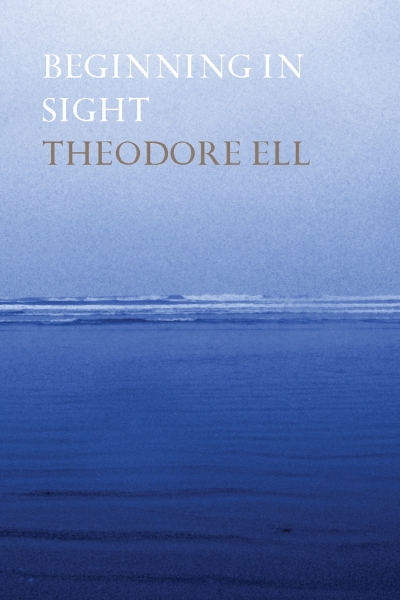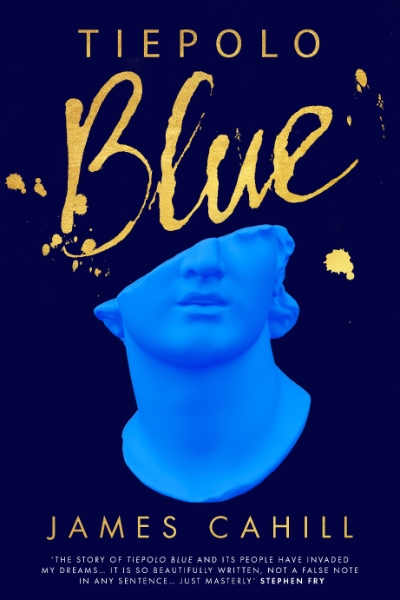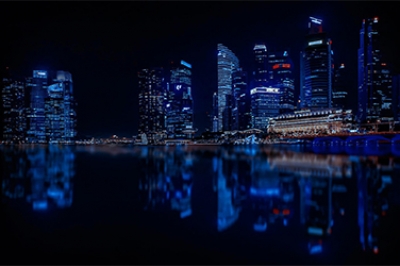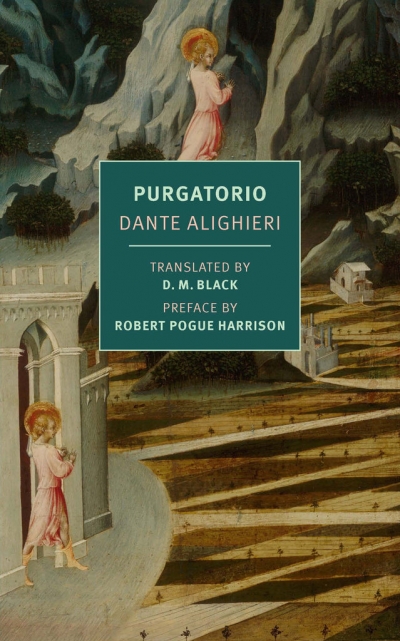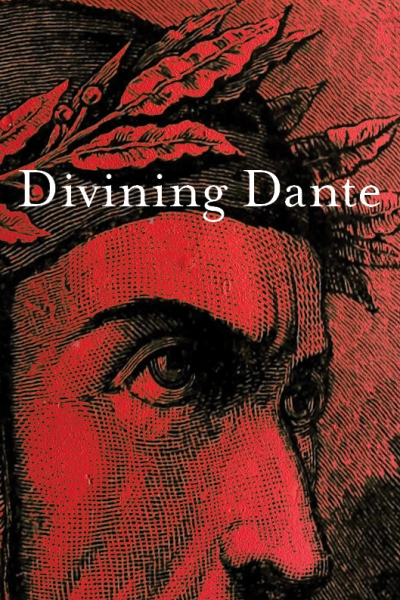Theodore Ell
Beginning in Sight by Theodore Ell & Trap Landscape by Nicholas Powell
Nightfall on the sill. Trinkets, hardened dust. Sky / in the gaps of a broken comb – the medley // of towers, antennae. The city: a queue / for dinner at a swish place, or a catwalk.
... (read more)On 4 August 2020, Theodore Ell was living in Beirut, Lebanon, when an explosion erupted at the local port, killing more than 200 people and injuring more than 7,500. Ell and his wife, a diplomat, survived, but were badly shaken. At the encouragement of his close friend Beejay Silcox, Ell turned his experience into the essay ‘Façades of Lebanon’, a harrowing, intimate piece of reportage, and the deserving winner of the 2021 Calibre Essay Prize. In today’s episode, listen to Ell in conversation with Silcox about the inception of his prize-winning work, the balancing act of writing trauma and place, the historical complexities of Beirut, and more.
... (read more)Theodore Ell was living in Beirut, Lebanon, on 4 August 2020 when an explosion devastated the city and shook a nation already teetering on the brink of economic collapse. Ell and his wife, a diplomat, were badly affected, but survived. Ell's essay, 'Façades of Lebanon', intertwines the author's outsider observation of the nation with a harrowing personal experience of the blast. It represents reportage at its best, and is a fitting winner of the 2021 Calibre Prize.
... (read more)As the March and April evenings grew hotter, the streets of East Beirut were as empty as our calendars. The grumble of traffic had disappeared. Without the usual smokescreen, the nearby mountains and coastline were visible for weeks. Parks are scarce in Beirut and gardens are private, but this spring, vines and bougainvillea were clambering over the high walls and no one was trimming them. It was possible to take solitary walks and hear birdsong.
... (read more)
